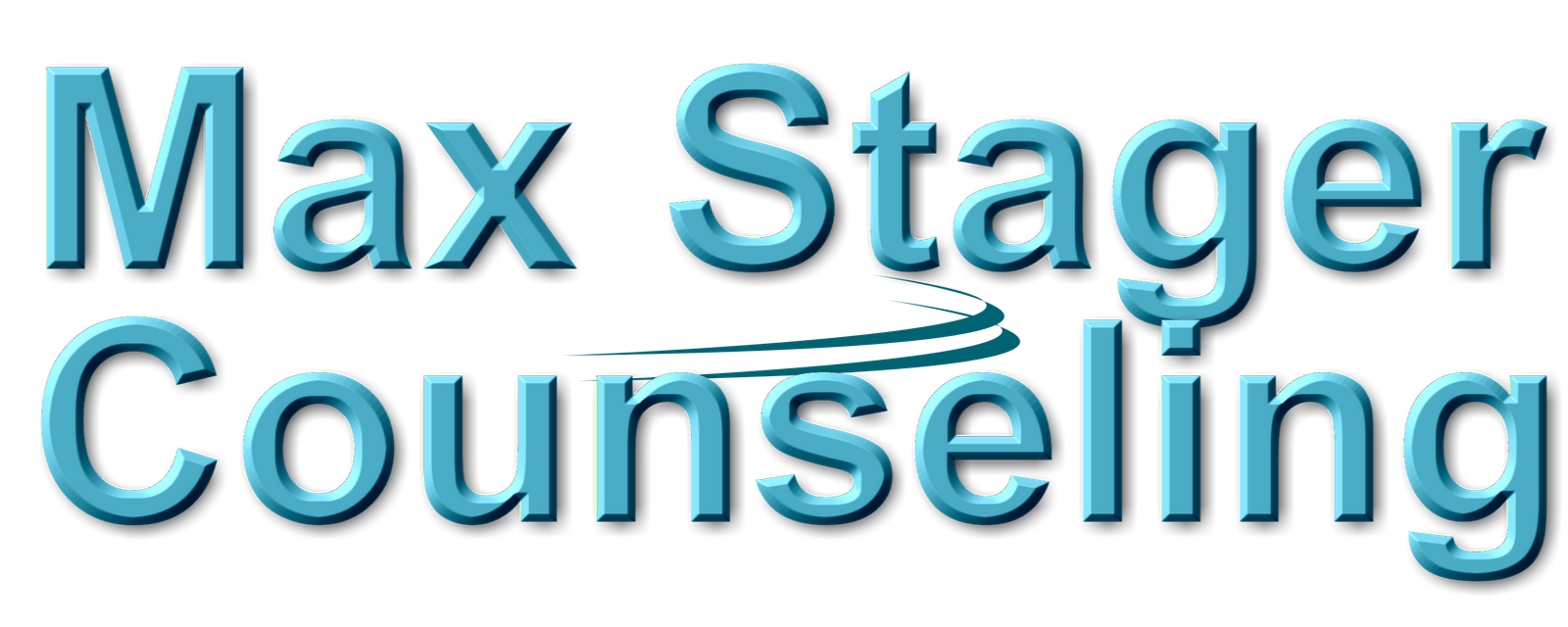YouTubeVideo 01 – Building a Foundation
Most of the people I work with want to grow, heal, and/or do their part to have a loving relationship.
We deeply want to shift, our intention, our goal, is to make some changes.
However, it may not be going like we want or consistently happening. You do okay for a day or two, then slip back. Maybe, you are able to keep the change happening for a couple weeks. Then, a short while later, your partner notices that you haven’t kept it going.
What’s going on?
Maybe, you’ve been trying really hard to make changes. You feel motivated, or you used to be (some of us can get so tired of trying).
For example, you’ve probably been doing lots of things to make those changes. You’ve read books, watched YouTube Videos, searched for and read articles, downloaded apps, and/or sought out advice from experts. You might have kept trying to talk with your significant other about the issues.
Or, maybe, you consider yourself smart (I tend to avoid comparative words like this because everyone has many ways they are intelligent). You’ve figured things out before by using your analytical skills. This relational problem (an intra-personal problem is a problem inside of us and an interpersonal conflict is about one between one or more people) just is not getting better or very quickly. (Hint: The problem is about “figuring it out.”)
Maybe, you feel quite accomplished in your job or career. All that effort has paid off at work. You’ve developed a good reputation, been promoted, people depend on you. You’re doing well there. You might be trying to apply the same principles to yourself or with your partner. A Performance Improvement Plan (PIP) is not usually the answer to fixing personal issues. (The typical PIP in a corporate culture tends to get responses related to fear [e.g., of losing a job], guilt [e.g., about being inadequate or making mistakes], feeling embarrassed or ashamed [e.g., having to be called into the boss’ office, feeling like something is wrong with us], or feeling angry [e.g., feeling judged, blamed, scape-goated]). Do they work? Sometimes, at a huge cost (all those emotions or e-motion are lots of energy in motion).
So, what’s happening?
How Come The Desired Change Seems So Difficult Or Is Taking So Long?
There are a number of reasons why this happens . . . but let’s start with this foundational one.
This answer sits on our neck and between our ears . . .
Yes, that’s right, our brain.
Our brain resists change.
Why does our brain resist changes? Aren’t changes beneficial? Yes. Sometimes. It depends.
(I am trying to keep this post bite-sized.)
So, what can you do right now?
Be gentle with yourself is a great first step.
This is not always easy but so very helpful. Really!
How could you do that?
- Speak to yourself in a kind way.
- Give yourself enough time and space when stressed.
- You can even give yourself some appreciation for making an effort.
- Celebrate your little wins.
Being gentle may seem counterintuitive to pursuing this goal.
You may want to push it, accomplish the change, move forward, keep talking or arguing about whatever you feel is blocking you.
To help with this, ask yourself a couple questions . . .
- Has this worked so far with these concerns?
- Have I tried the gentle approach (really tried it beyond a spa day)?
So, what if I try it the usual way?
The Problem If You Don’t
The problem is, that the strategy of being harsh toward yourself (and brain) can look like . . .
- pushing yourself,
- demanding yourself or your partner to change,
- getting angry at yourself or others for not doing better
- for not changing fast enough,
- criticizing the methods you’ve tried
and it tends to backfire and actually delays progress.
We are not machines. We are complex human beings.
The brain, ours or another’s, tends to pull back, resist, hunker down when it experiences pain.
You may have heard, “no pain, no gain.”
Well, some people believe . . . no pain equals gain.
In matters of relationships, with ourselves or with another person, being kind, caring, and gentle is a great place to start to build a foundation of real lasting change. It probably seems paradoxical.
So, give being gentle a try. And be gentle in being gentle. If we forget to be gentle, you can try to remember that learning involves some forgetting.
Check the video out here.
